25 OCT 2024
Yesterday, Minister for Social Services Amanda Rishworth alongside VACCA CEO Muriel Bamblett announced $2 million in funding for the Deadly Kids project as part of the Australian Government’s investment into gender-based violence prevention in Aboriginal communities.
Early intervention programs are effective in helping to break the cycle of family violence, and the funding announced today will support the implementation of Deadly Kids - a healthy, respectful relationships package designed to meet the needs of Aboriginal children.
“The data tells us that our people are overrepresented in family violence, 72% of Aboriginal children enter care for this reason,” said Ms Bamblett. “It’s important that children learn about respectful relationships early, because many of our families are entering into unhealthy relationships where violence is the norm.”
The project aims to improve understanding of what a healthy and respectful relationship looks like at an early age, as children begin to navigate their first intimate partner relationships.
“We know prevention is the way forward. Deadly Kids provides our children with a solid foundation for developing healthy and respectful relationships as they enter their adolescent years,” said Ms Bamblett. “We have to teach our children that they have a right to feel safe in their home, at school, in all environments.”
Building on the success of VACCA’s Deadly Lovin’ healthy respectful relationships program for 12–17-year-olds, Deadly Kids will focus on supporting Aboriginal children aged 8-12 to build and maintain strong and healthy relationships with their peers, friendship group and family.
In partnership with the Centre for Evidence and Implementation, VACCA will use a train-the-trainer model to deliver training to other Aboriginal Community Controlled Organisations working with children and families to allow Community-led organisations to embed Deadly Kids into their work.
Adequate and ongoing funding of Aboriginal-led early prevention programs like Deadly Kids is needed to make progress on Closing the Gap Targets relating to family violence. In particular, Target 13 which focuses on reducing the rate of family violence against Aboriginal and Torres Strait Islander women and children by 50% by 2031.
“By investing in Aboriginal-led programs like Deadly Kids, the government is showing that it is willing to act on their commitments outlined in the National Agreement. It shows they are listening to Aboriginal people and serious about working alongside Aboriginal Community Controlled Organisations to reduce family violence our communities,” said Ms Bamblett.
- ENDS -
FOR RELEASE –
Beth Cesarin - Senior Manager, Communications and Public Affairs
PH: 0439 117 408 E: bethc@vacca.org
Sarah Gafforini – Director, Office of the CEO VACCA
T: 0427 621 421/ E: sarahg@vacca.org
ABOUT VACCA - www.vacca.org
The Victorian Aboriginal Child and Community Agency (VACCA) is Victoria’s Peak Voice for Aboriginal children. We are the leading provider of Aboriginal child and family services, and the largest provider of services for Aboriginal family violence and homelessness. We have been supporting children, young people, and families in the community for over 47 years as an Aboriginal Community Controlled Organisation (ACCO).
Through our vision of self-determination – Live, Experience, and Be – we exist to support culturally strong, safe, and thriving Aboriginal communities. We deliver over 80 programs across Victoria including child and family services, family violence, support for stolen generations, child protection, cultural strengthening programs, mental health, financial services, justice and redress support, early years, and homelessness services.
We acknowledge the traditional owners of the lands on which we work. We pay our respects to their elders, past and present, and to their children and young people who are the future elders and caretakers of this great land.


